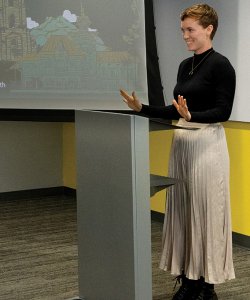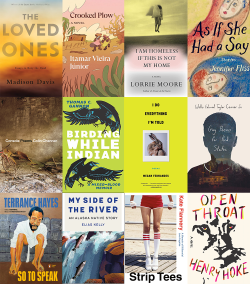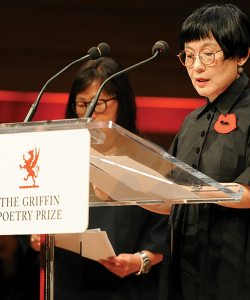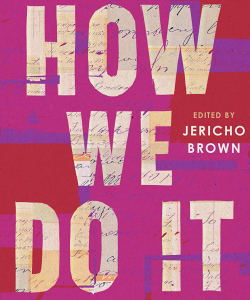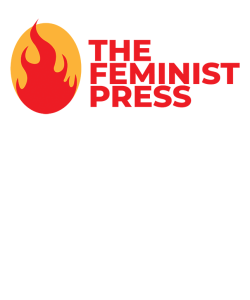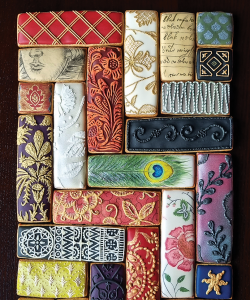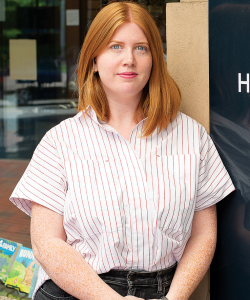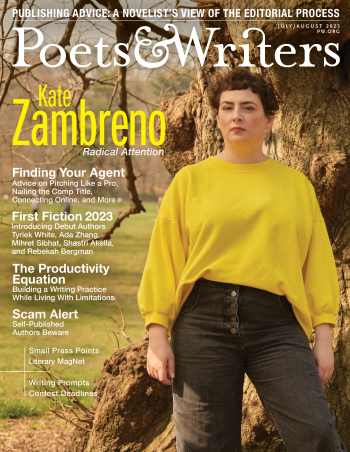
Our annual Literary Agents Issue offers advice on writing a compelling book pitch, guidance on the art of comp titles, best practices for connecting with agents on social media, and tips from editors on finding an agent; a profile of Kate Zambreno, author of The Light Room; our twenty-third annual roundup of the summer’s best debut fiction; information on scams targeting self-published authors; tools for building a writing practice while living with limitations; a novelist’s perspective on the editorial process; writing prompts; contest deadlines; and much more.








